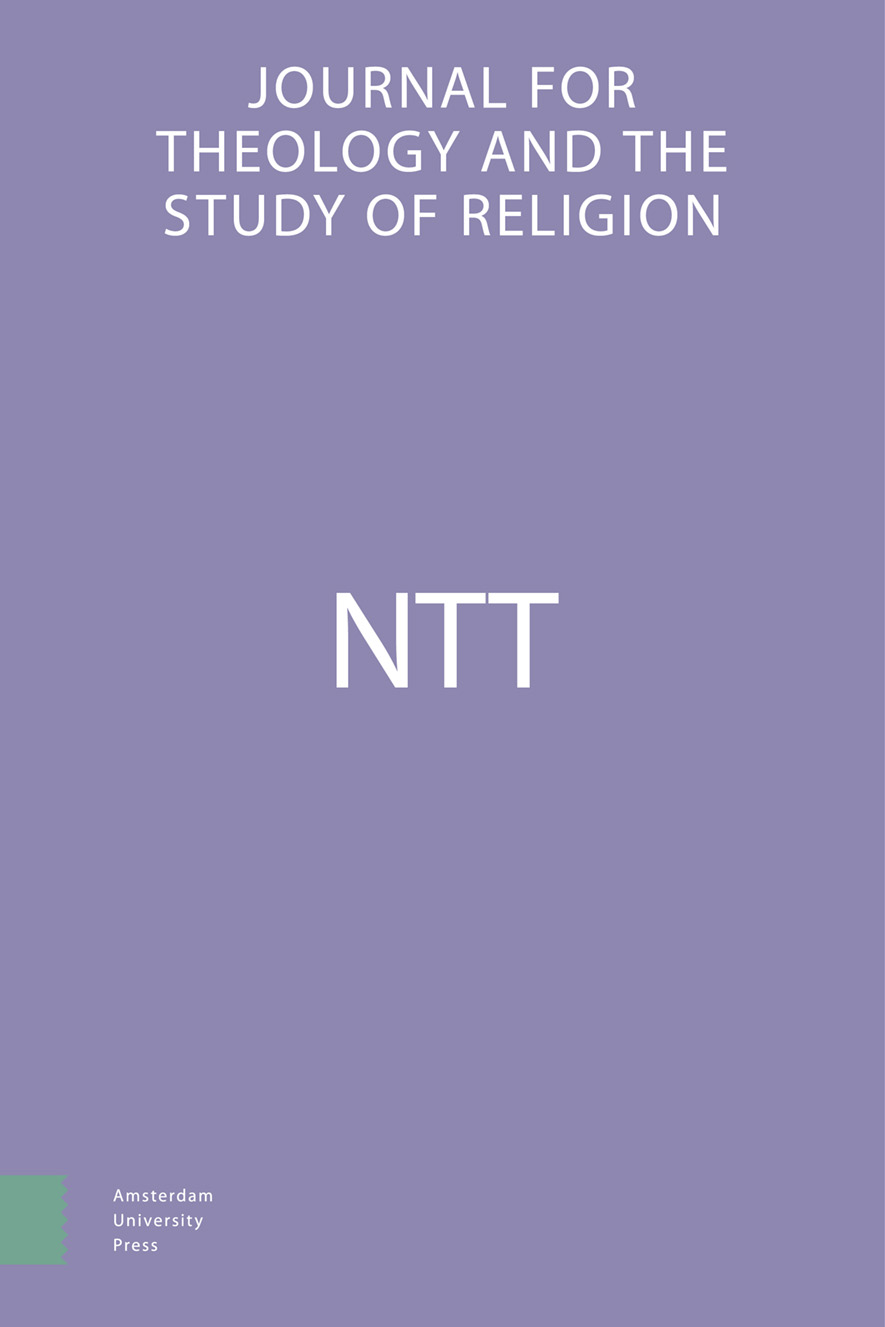-
oa Seeing is Believing
The Travelogue in the Letter of Aristeas
- Amsterdam University Press
- Source: NTT Journal for Theology and the Study of Religion, Volume 75, Issue 2, Jun 2021, p. 161 - 176
Abstract
Abstract
Using Daniel Barbu’s article ‘Aristeas the Tourist’ as a starting point, this essay focuses on the Letter of Aristeas’s ‘travelogue’ in order to show how it contributes to the construction of a Jewish identity in second century BCE Alexandria. I argue that the choice to tell the story of the translation of the Septuagint through the eyes of the fictional Gentile narrator ‘Aristeas’ and to report the sights and events in the voice of an ‘outsider’ works to create a sense of cultural morale in Alexandrian Jews that enables them to participate in the cultural world of Hellenistic Alexandria as Jews.
© 2021 Amsterdam University Press


